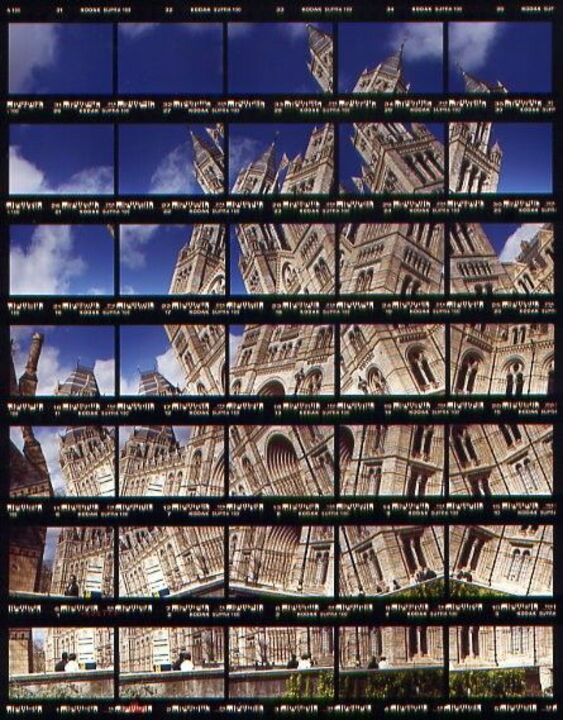Alfred Waterhouse (1830-1905)
Alfred Waterhouse was born 1930 in Aigburth, Liverpool, Lancashire, and educated at Grove School in Tottenham (Middlesex). Apprenticed as an architect to Richard Lane, he spent much of his youth travelling throughout Europe and studied in France, Italy and Germany. When he returned to England, he set up his own architectural practice in Manchester. During his twelve years there, his skills were in great demand, especially for the many new public buildings that the city authorities commissioned in the High Victorian era. He won the competition to build the Assize Courts in 1859 and other buildings foolowed right after. The most notable of Waterhouse's Northern structures, was the new Manchester Town Hall (1868-77). He became most renowned, for the Natural History Museum (1873-81), in South Kensington. He was President of the Royal Institute of British Architects from 1888 to 1891, among many other honorable positions. Alfred Waterhouse died in Yattendon Court, Berkshire in 1905.
Important Buildings
Manchester Town Hall
Owens Park Building (now the University of Manchester),
Strangeways Prison
Refuge Assurances Building (now the Palace Hotel)
The National Provincial Bank
Lime Street Station Hotel, Liverpool.
Royal Institution of Chartered Surveyors off Parliament Square, London
The Guilds' College in South Kensington (Middlesex)
Balliol College, Oxford
Pembroke College, Cambridge
Prudential Assurance Buildings, Holborn, Southampton and Leeds.









